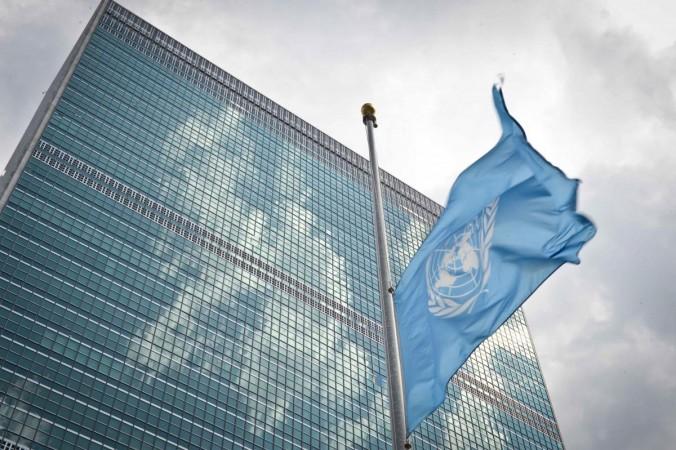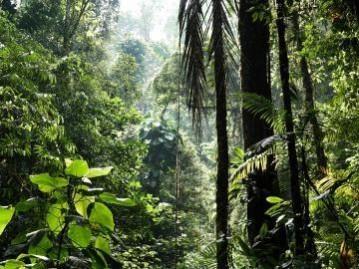
The UN has proposed sharing revenues from genetic resources to support communities preserving nature. The proposals could generate up to $10 billion from sectors heavily reliant on digital sequence information.
Indigenous Peoples and Local Communities (IPLCs) play a crucial role in conserving these genetic resources. The Global Environment Facility has approved $1.4 billion for environmental action, supporting over 12 million people, including IPLCs.
The United Nations has taken a significant step towards ensuring the equitable distribution of revenues derived from genetic resources. The organization has released proposals to share the use of digital sequence information on genetic resources (DSI) -- the DNA sequences of plants, animals, and microbes. This initiative is aimed at supporting communities that play a crucial role in preserving nature. The proposals are set to be discussed in Montreal, Canada, from August 12-16, as part of the DSI intergovernmental negotiating group. The final decision will be made at the in October in Colombia, US.
The goal of these proposals is to establish a framework for sharing the benefits derived from DSI across various industrial sectors. According to the Co-Chairs of the negotiations, Mphatso Kalemba of Malawi and William Lockhart of the UK, sectors that heavily rely on DSI generate from one to a few trillion dollars annually. A small fraction of this revenue, such as 0.1 per cent of US $1 trillion, could yield $1 billion for the global fund; 1 per cent would amount to $10 billion.
The involvement of Indigenous Peoples and Local Communities (IPLCs) in these discussions is crucial. They are often the custodians of the genetic resources from which DSI is derived. Their traditional knowledge and practices contribute significantly to the conservation and sustainable use of biodiversity, and they have rights to these resources under international law. By including them in the process, the UN is acknowledging their rights and the importance of their role in conservation.

In a similar vein, the Global Environment Facility (GEF) Council has approved $1.4 billion for environmental action. This funding aims to support global efforts for environmental conservation and sustainable development, addressing critical issues such as biodiversity loss, climate change, and land degradation. It enables projects that promote nature-positive solutions and encourages the involvement of various stakeholders, including IPLCs.
The GEF's funding is significant as it aims to support more than 12 million people, including IPLCs. The work program includes $530 million for Integrated Programs for the ocean, food systems, transportation infrastructure, wildlife conservation, and critical forest biomes. This initiative is designed to break down silos and advance holistic action across sectors and borders.
The connection between the UN's proposals on DSI and the support for IPLCs in conservation efforts is clear. By including IPLCs in the process, the UN is acknowledging their rights and the importance of their role in conservation. The funds generated could potentially support these communities, recognizing their contributions to the conservation and sustainable use of nature, and enabling them to benefit from the use of resources they have protected.
The UN's proposals on DSI and the GEF's funding for environmental action represent significant strides towards acknowledging and respecting the rights of IPLCs. These initiatives underscore the importance of their role in preserving biodiversity and promoting sustainable use of natural resources. As the world grapples with the challenges of climate change and biodiversity loss, such initiatives are more important than ever. They highlight the need for a collaborative and inclusive approach to conservation, one that recognizes and respects the rights and contributions of all stakeholders, particularly IPLCs.














